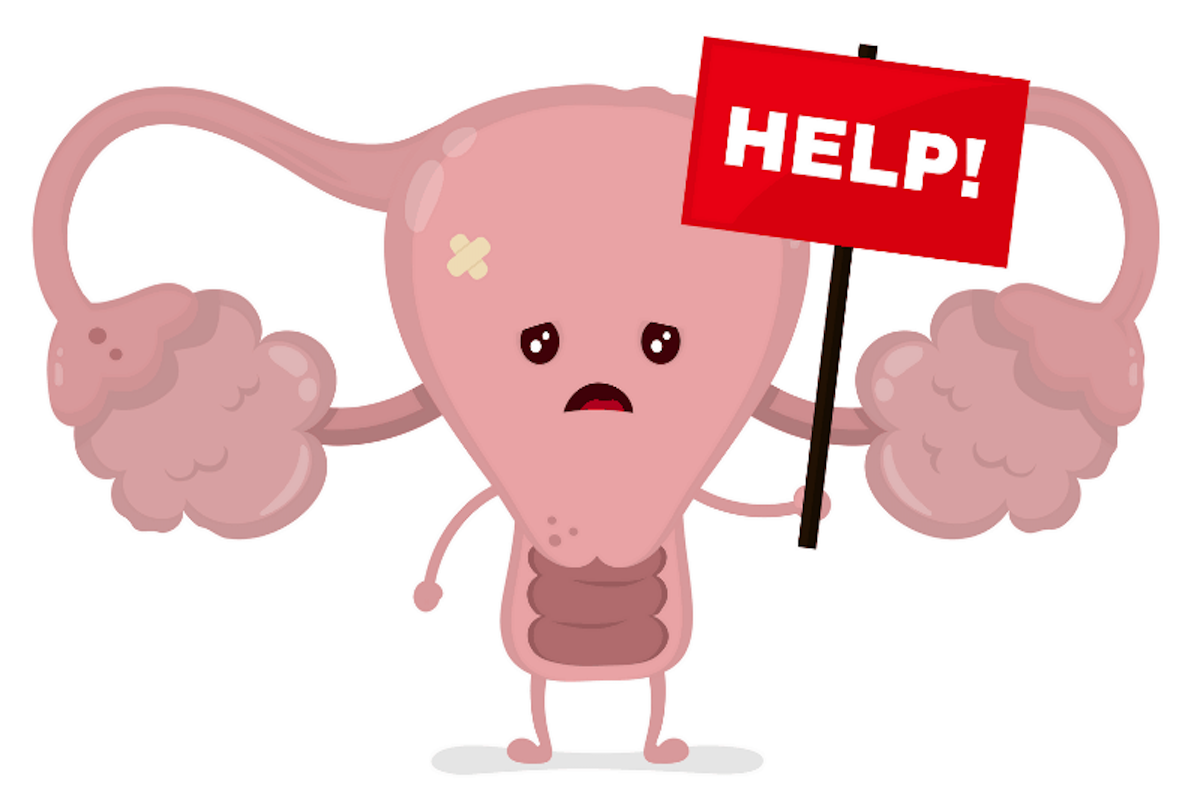Polycystic Ovary Syndrome (PCOS) and Polycystic Ovary Disease (PCOD) are common endocrine disorders affecting individuals with ovaries. Among the various treatment options, oral contraceptive pills (OCPs) are often prescribed to manage symptoms and regulate menstrual cycles. This comprehensive guide explores the use of oral contraceptive pills in the context of PCOD or PCOS.
Understanding PCOD and PCOS
PCOD and PCOS Defined:
- PCOD
and PCOS are conditions where hormonal imbalances lead to the development
of cysts on the ovaries.
- Symptoms
may include irregular menstrual cycles, ovarian cysts, hormonal
imbalances, and in some cases, difficulties with fertility.
Role of Oral Contraceptive Pills (OCPs) in PCOD/PCOS
Management
1. Regulation of Menstrual Cycles:
- OCPs
help regulate menstrual cycles, promoting regular and predictable periods.
2. Hormonal Balance:
- OCPs
contain synthetic hormones, including estrogen and progestin, which help
balance hormonal fluctuations associated with PCOD/PCOS.
3. Reduction of Androgen Levels:
- Elevated
androgen levels are common in PCOS. OCPs can help lower androgen levels,
addressing symptoms like acne and excessive hair growth.
4. Management of Menstrual Pain:
- OCPs
can alleviate menstrual pain associated with PCOD/PCOS, providing relief
to individuals experiencing discomfort.
5. Fertility Management:
- OCPs
are sometimes prescribed to regulate menstrual cycles for individuals
planning pregnancy. After discontinuation, regular cycles may enhance
fertility.
Choosing the Right Oral Contraceptive Pill
1. Combination Pills:
- Most
OCPs for PCOD/PCOS are combination pills containing both estrogen and
progestin. They are often the first choice for managing symptoms.
2. Progestin-Only Pills:
- In
cases where estrogen is contraindicated, progestin-only pills may be
prescribed. However, they may not provide the same level of cycle
regulation.
3. Individualized Treatment:
- Treatment
plans are tailored to individual needs, considering factors such as
overall health, lifestyle, and specific PCOD/PCOS symptoms.
Considerations and Potential Side Effects
1. Monitoring Blood Pressure:
- Regular
blood pressure monitoring is essential, as OCPs can affect blood pressure
levels.
2. Risk of Blood Clots:
- OCPs
may slightly increase the risk of blood clots, particularly in individuals
who smoke or have other risk factors.
3. Lifestyle Factors:
- Lifestyle
modifications, including a healthy diet and regular exercise, are often
recommended alongside OCPs for holistic management.
Conclusion
Oral contraceptive pills play a vital role in managing
symptoms associated with PCOD and PCOS. However, it's crucial to consult with
healthcare providers for personalized advice, considering individual health
factors and goals. OCPs, when prescribed appropriately, can contribute to
improved menstrual regularity, hormonal balance, and overall well-being for
individuals navigating PCOD or PCOS.
Frequently Asked Questions (FAQs)
1. Can oral contraceptive pills cure PCOD or PCOS?
OCPs do not cure PCOD or PCOS but are prescribed to manage symptoms and regulate menstrual cycles.2. Are there alternative treatments for PCOD/PCOS?
Lifestyle modifications, weight management, and other medications may complement or serve as alternatives to OCPs based on individual needs.3. How long should one take oral contraceptive pills for PCOD/PCOS?
The duration of OCP use is individualized. Consult with a healthcare provider to determine the appropriate treatment duration.4. Can OCPs be used as a contraceptive while managing PCOD/PCOS?
Yes, OCPs serve a dual purpose by providing contraception and managing PCOD/PCOS symptoms.5. Do oral contraceptive pills affect fertility in the long term?
OCPs may regulate menstrual cycles, potentially enhancing fertility when discontinued. However, individual factors play a role, and fertility discussions should involve healthcare providers.

No comments:
Post a Comment